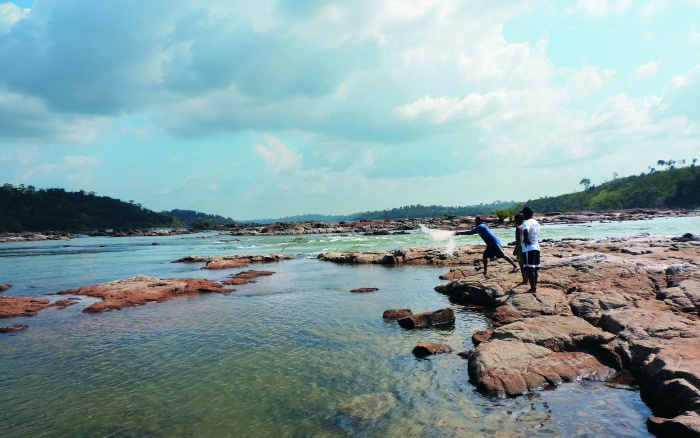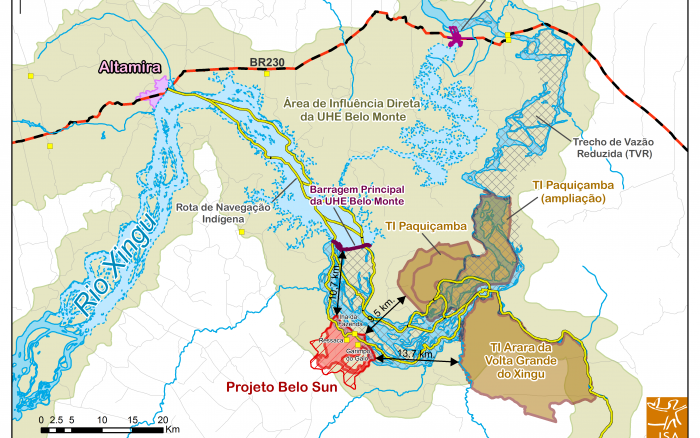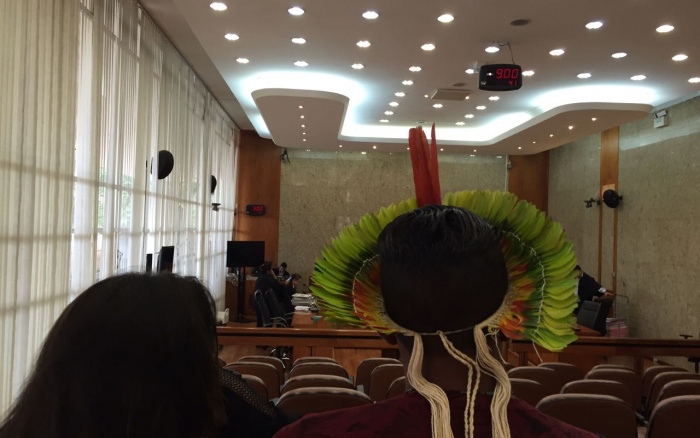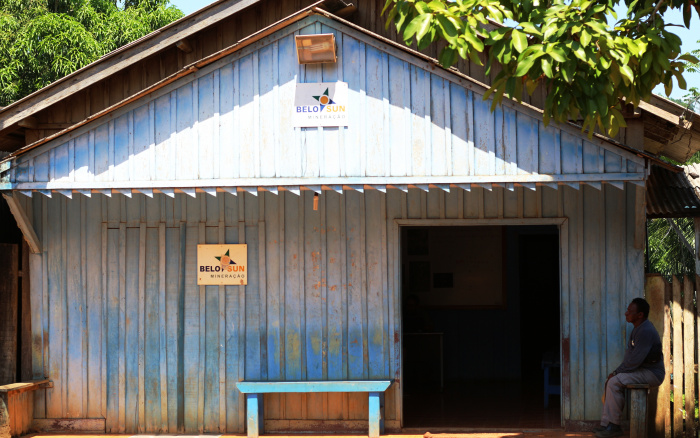Você está na versão anterior do website do ISA
Atenção
Essa é a versão antiga do site do ISA que ficou no ar até março de 2022. As informações institucionais aqui contidas podem estar desatualizadas. Acesse https://www.socioambiental.org para a versão atual.
Court suspends Belo Sun license
Monday, 11 de December de 2017 
Esta notícia está associada ao Programa:
In a unanimous decision, the Regional Federal Court of the 1st Region suspended the Installation License for the Canadian mining company operations in Volta Grande do Xingu (PA). The appellate judges ordered a prior consultation be carried out, respecting the consultation protocol presented by the indigenous peoples
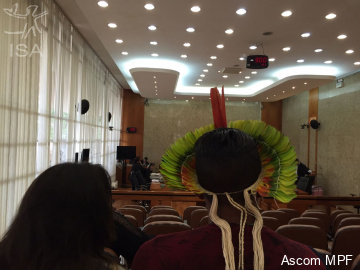
The Regional Federal Court of the 1st Region (TRF-1) voided on December 6 the Installation License (IL) of the Canadian mining firm Belo Sun. In a unanimous decision, the three appellate judges of the 6th Chamber upheld the suspension of the Installation License of the mining company Belo Sun until it complies with indigenous legislation. The decision calls for environmental impact studies and a free, prior and informed consultation process with the indigenous peoples impacted, as described in the consultation protocol of each indigenous people, before installation of the mine at Volta Grande do Xingu (PA). The Juruna, directly impacted by the enterprise, created and published their own consultation protocol in August of this year.
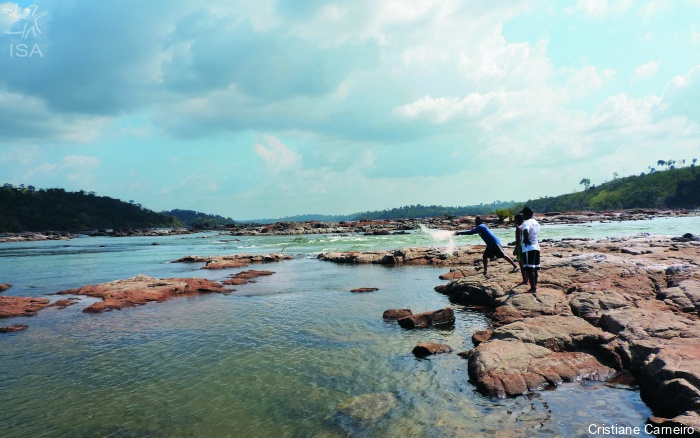
The decision also requires that the mining company redo the indigenous component of the studies regarding possible impacts on the Juruna and Arara of Volta Grande peoples, whose lands are located 9.5 km and 13.7 km, respectively, from the planned mine. The location of the mining project coincides with a stretch of river whose flow has been reduced by the Belo Monte Hydroelectric Plant. Approximately 80% of the natural flow of the river was diverted in the region, which increases the seriousness of any accident or spill from the tailings dam.
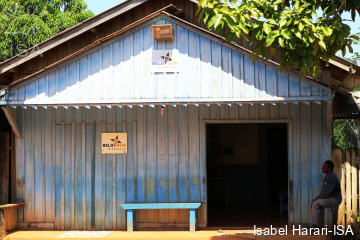
In April 2016, Belo Sun presented a study considered insufficient by the National Indian Foundation (Funai), which ordered the company to redo the socio-environmental impact studies for the enterprise on Indigenous Lands in the region. The company alleges that it is not obligated to abide by the Funai regulation because the nearest Indigenous Land is located 11 km away, which lies outside the 10 km established in Administrative Ruling no. 60/2015 as a limit for presuming impacts from mining activities on Indigenous Lands or Conservation Units.
This argument was not accepted by the appellate judges. They warned of the heightened risk to which the peoples of Volta Grande are exposed as a result of the reduced flow of the Xingu River—which significantly reduced the resilience of the region to an accident with the tailings dam planned for the Belo Sun project. The area planned for the construction of the mining project coincides with the Area Directly Affected (ADA) by the Belo Monte Hydroelectric Plant.
“The actions of the licensing agency are absolutely irresponsible, to impose a licensing procedure at the pace of the market in benefit to the company, victimizing, possibly irreversibly, the indigenous peoples of the Volta Grande do Xingu, which will have to deal with the risk that, by law, they should not,” reads the text signed by the attorneys Thais Santi, Ubiratan Cazetta and Felício Pontes Jr, in defense of prior consultation.
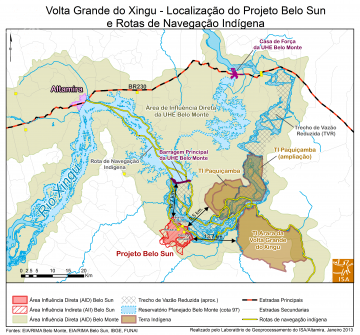
The norm identifies the areas that are automatically presumed to be impacted by potentially polluting enterprises, such as large mining companies. “This does not dispense with the obligation to evaluate the context and potential impacts beyond those pre-established distances. In the case of Volta Grande do Xingu, the distance, whether 10 km or 12 km, is completely irrelevant considering the magnitude of the impact of the Belo Monte project for the effects of evaluating any other enterprise,” explains Biviany Rojas, attorney for ISA.
In a public announcement, the company said it would appeal the decision and alleged that the indigenous lands are located more than 10 km from the site, as stipulated in the Administrative Ruling. “The mining company project is located upstream from the indigenous lands along the Xingu River, so any leakage of tailings would immediately contaminate the surface and underground waters that sustain the indigenous peoples and riverside dwellers of the region, the risk is unacceptable,” warns Rojas. The installation license, issued by the government of Pará in February of this year, remains suspended pending compliance with the decision handed down by the TRF-1.
Suspensions
The TRF-1 upholds previous decisions that suspended the installation license this year. In April, the same court accepted a claim by the Federal Prosecutor’s Office that no real impact studies had been conducted by the mining company on the indigenous peoples. In February, weeks after the issuance of the installation license, the Agrarian and Special Environmental Court of Altamira authorized a restraining order requested from the State Public Defender’s Office (DPE), which denounced the illegal purchase of public lands by Belo Sun and human rights violations against riverside populations. Learn more.
The mining company and the State Secretariat of the Environment and Sustainability (Semas) of Pará appealed a number of times against the need to carry out the studies and also against the prior consultation, but all appeals were rejected. Against the decision today, the only appeal left is to the Supreme Court (STF).
Intimidation
At the end of November a group of researchers were prevented from presenting the results of a study on the potential impacts of the Belo Sun project in an event held at the Federal University of Pará (UFPA), in Belém. The academic activity was interrupted by the mayor of Senador José Porfírio, Dirceu Biancardi (PSDB), accompanied by a group of around 40 people. The mayor of the town in which the mining company intends to locate has come out in defense of the company and, according to eyewitness accounts, incited violence against those who came out against the enterprise.
Unable to discuss the results of the study, the participants were also prevented from leaving UFPA. On the same day, the students and professors filed a complaint of intimidation and threats with the Federal Prosecutor's Office. Learn more.
The project
The company promises to be the largest gold mining company in Brazil and if built would extract around 60 tons of gold over 12 years. At the end of mining operations, the company would leave two huge piles of chemically reactive waste covering an area of 346 hectares and containing 504 million tons of rock, with no plan for removal.
Leia aqui a notícia em Português.
Isabel Harari
ISA
Imagens:



